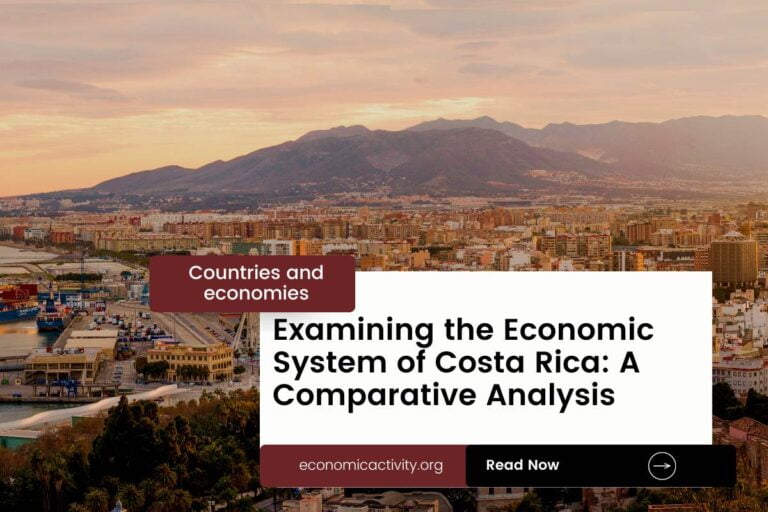South Korea, with a population of 51.7 million and an urban population of 42.1 million, accounting for approximately 81.43% of the total, has produced 616,074,996 tons of CO2 in 2022.
This translates to a per capita CO2 emissions of 11.89 tons, indicating that each individual generates nearly 12 tons of CO2 annually.
To assess the impact of economic activity on CO2 emissions, it is crucial to consider the Carbon Intensity of GDP. In South Korea, this measure stands at 0.30 kg of CO2 per International dollar ($USD) of economic output produced.
Comparatively, South Korea’s carbon intensity is lower than that of China (0.57 kg) but higher than that of the USA (0.30 kg).
These figures highlight the significant carbon footprint of South Korea, emphasizing the need for sustainable practices and initiatives to mitigate CO2 emissions and promote a greener future.
South Korea Total CO2 emissions by source
How much do coal, oil, gas, cement and flaring contribute to CO2 emissions in South Korea?
In 2022, South Korea’s total CO2 emissions reached 616,074,996 metric tons. The primary contributors to these emissions were coal, accounting for 283,908,353 metric tons, and oil, with 171,484,229 metric tons.
Gas emissions amounted to 126,789,734 metric tons, while cement and flaring made smaller contributions of 23,704,068 and 6,091 metric tons, respectively.
These figures underscore the significant role of coal and oil in South Korea’s economy and their correlation with CO2 emissions.
What fraction of world fossil co2 emissions does South Korea accounts?
South Korea is the 11th largest emitter of CO2 in the world. It represents 1.66% of global CO2 emissions.
CO2 emissions from Coal
In South Korea, carbon usage resulted in the production of 283,908,353 tons of CO2, accounting for 46.08% of the total CO2 emissions.
CO2 emissions from coal in South Korea
In South Korea, gas usage resulted in the production of 26,789,734 tons of CO2, accounting for 20.58% of the total CO2 emissions.
CO2 emissions from cement in South Korea
In South Korea, cement usage resulted in the production of 23,704,068 tons of CO2, accounting for 0% of the total CO2 emissions.
In South Korea, the utilization of flaring contributed to the production of 6,091 tons of CO2, accounting for 0% of the total CO2 emissions.
CO2 emissions from oil in South Korea
In South Korea, the utilization of oil has led to the production of a staggering 171,484,229 tons of CO2, representing approximately 27.83% of the country’s total CO2 emissions.
Sources:





Leave a Reply